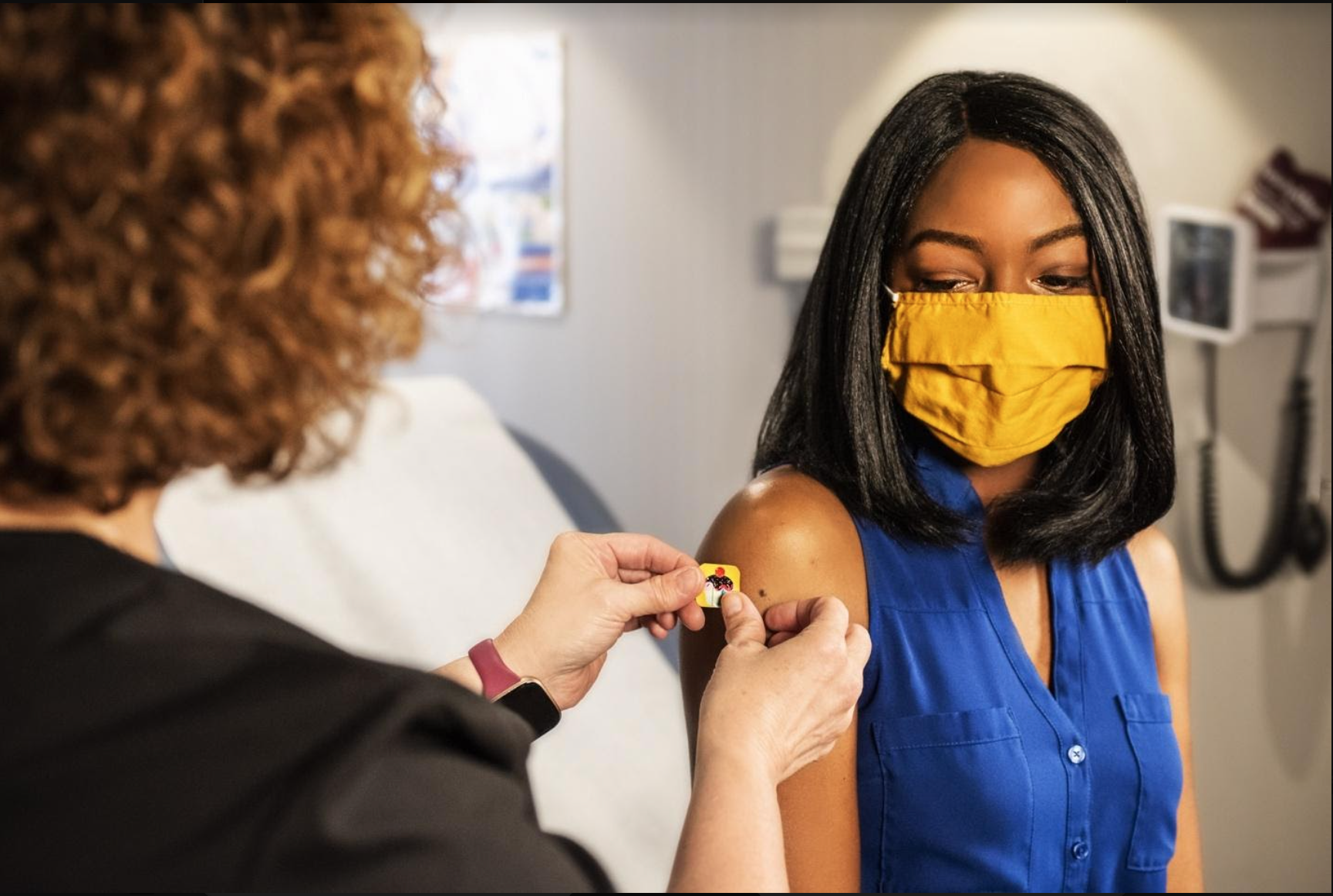
Registering for Classes and the Vaccine: A Two-Dose Regimen
By Maria Alcantara
As Fall ’21 registration is opening up, students are seeing in-person listings of their classes appear. While many are excited to return to the college life they know, there’s a catch: All students attending classes next semester are required to have the COVID-19 vaccine.
Rutgers made headlines for being one of the first large public universities to mandate immunization, though it seems the announcement has created more questions than it has answered. How will the university enforce this new rule? How accessible and practical is this move for the student body as well as staff and faculty members?
The coronavirus vaccine will be joining the list of required immunizations already established by the university for students such as Measles, Mumps, Rubella (MMR), Meningitis, Tuberculosis, and Hepatitis B. For those looking to live on campus, the same consequences of not being vaccinated such as not receiving a room assignment or room key will follow.
“With limited exceptions, all students planning to attend the Fall 2021 semester must be fully vaccinated,” said Rutgers President Jonathan Holloway. “We are committed to health and safety for all members of our community, and adding COVID-19 vaccinations to our student immunization requirements will help provide a safer and more robust college experience for our students.”
According to Brian Strom, chancellor of Rutgers Biomedical and Health Sciences and executive vice president for health affairs at Rutgers, immunization records will be stored in each student’s file just as states and territories have long been keeping track of childhood vaccinations, with COVID-19 information being shared with the CDC for record-keeping and demographic study. While many have considered the possibility of vaccination cards being used as a “vaccination passport”, students can rest assured that they won’t need to lug their vaccine cards around campus.
Exceptions to getting vaccinated include medical and religious reasons as well as continuing to pursue an online-only program as the university has provided since before the start of the pandemic. As for those who will not be vaccinated by next semester but need to be, the state has given Rutgers approval for administering vaccines on-site to faculty, staff, and students once supplies are made available. This move will be integral for international students unable to receive the vaccine abroad.
Antonio Calcado, executive vice president and chief operating officer at Rutgers states, “Since the start of the pandemic, we have said that the safety of the Rutgers community is a shared responsibility. An effective vaccination program is a continuation of Rutgers’ commitment to health and safety for all members of our community of more than 71,000 students, the cities we are in and the communities we serve throughout New Jersey.”The news came just before all federal sites in the US paused the use of all Johnson & Johnson covid vaccines amidst fear that the single dose option could possibly be linked to a rare form of blood clotting. While Rutgers is advising its underage students to receive the Pfizer vaccine, it seems the Moderna vaccine is a good alternative, as well as the Johnson & Johnson shot, which is now heading back into the rotation, with a warning about possible side effects.

